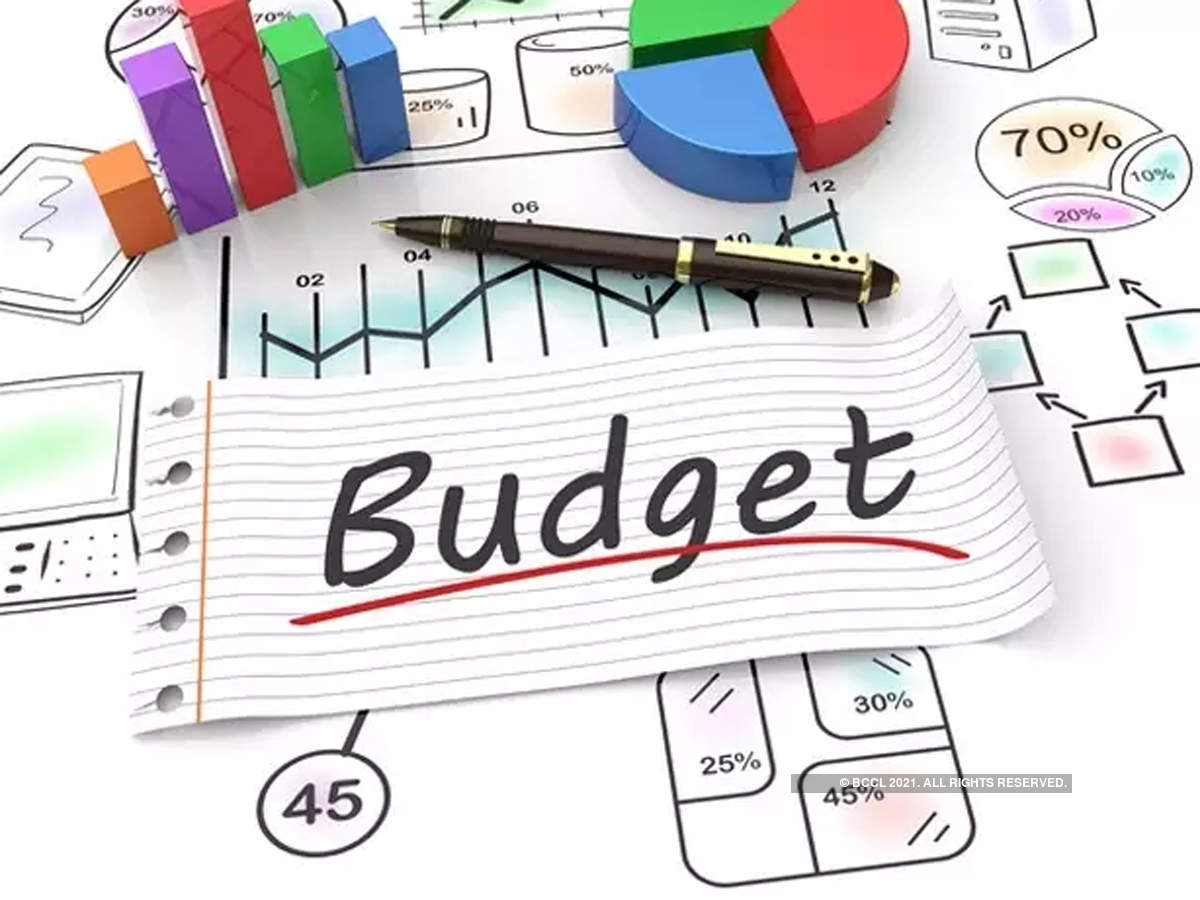The 2022 National Budget will be targeted at creating opportunities and providing solutions towards achieving a sustainable and broad-based economic growth without harming the climate or leaving families in poverty.
According to the 2022-2025 Budget Preparation Guidelines, the approach of the budget which will be launched in November 2021 is to catalyse the private sector in targeted areas to fast-track industrialisation, competitive import substitution, digitalisation, export expansion and the creation of decent job, particularly for the youth.
“In addition, other priority areas for 2022 and other medium term will include supporting the health sector and expanding social safety nets; Covid-19 containment measures; developing our infrastructure, with priority focus on roads, railway, water and sanitation, hospitals and housing; diversifying productivity and high-value services and rolling out digital technologies to improve service deliveryâ€.
Medium-term fiscal framework
According to the government, the broad medium-term fiscal objective is to pursue a fiscal consolidation drive towards fiscal and debt sustainability to support macroeconomic stability, whilst supporting the implementation of government’s flagship programmes and the Ghana Cares (Obaatanpa) Programme.
The strategy is to progressively reduce the overall fiscal balance back to the Fiscal Responsibility Act deficit threshold of 5% GDP and a primary surplus by 2024.
The government said the main thrust of macroeconomic policy in 2022 will focus on achieving objectives such as ensure restoration and sustainability of macroeconomic stability with a focus on fiscal and debt sustainability.
Summary of 2022 and Medium Term Fiscal Framework
Items Projection
Total Revenue and Grants ¢89.17 bn
Total Expenditure (including arrears) ¢128.35bn
Overall Fiscal Deficit 7.9% of GDP
Primary Deficit 0.4% of GDP
Domestic Financing ¢20.3bn
Foreign Financing ¢15.87bn
Joybusiness





